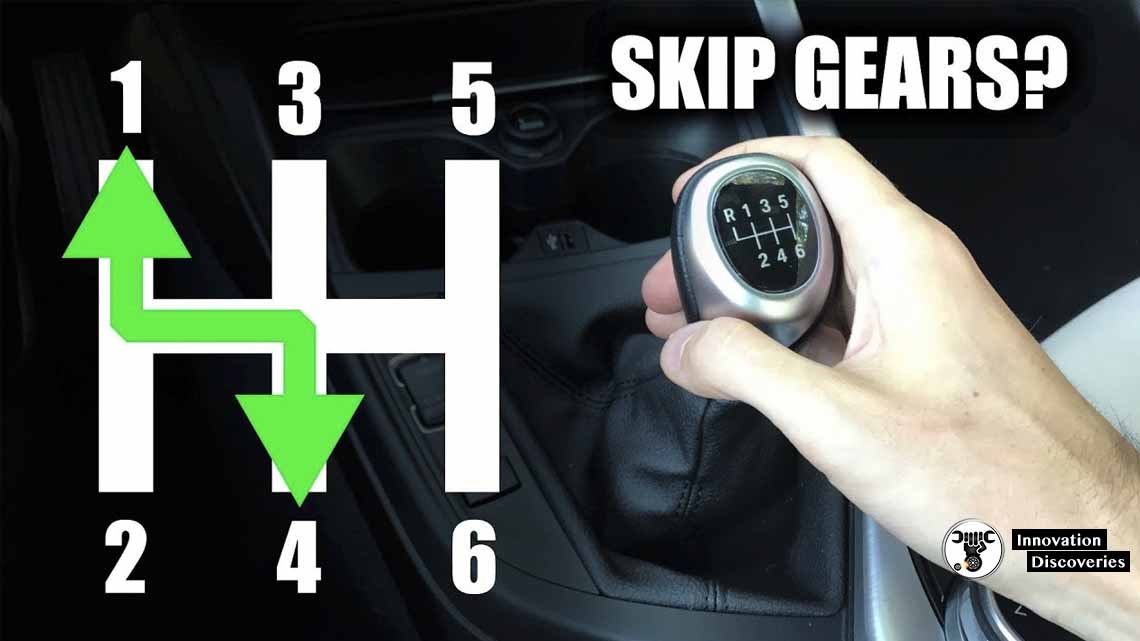
Introduction:
In the realm of manual transmissions, every gear serves a crucial purpose in transferring power from the engine to the wheels efficiently.
However, there are instances when drivers may attempt to skip gears, either intentionally or accidentally. While this practice might seem harmless or convenient to some, it can have significant repercussions on the transmission system.
As a professional mechanic, it’s essential to understand what occurs when gears are skipped in a manual transmission and educate drivers on the potential risks involved.
Understanding the Transmission System:
Before delving into the effects of skipping gears, it’s imperative to grasp the fundamentals of a manual transmission system.
A manual gearbox comprises several gears and shafts that work in tandem to transmit power from the engine to the wheels.
Each gear ratio corresponds to a specific speed range, allowing the vehicle to accelerate smoothly and efficiently.
MANUAL TRANSMISSION: COMPONENTS, TYPES, WORKING PRINCIPLES AND APPLICATIONS
Effects of Skipping Gears:
1. Increased Stress on Components:
When a driver skips gears, they disrupt the sequential flow of power within the transmission. This abrupt shift places excessive stress on various components, including synchronizers, gear teeth, and bearings.
The sudden change in load can lead to premature wear and tear, ultimately shortening the transmission’s lifespan.
2. Reduced Performance:
Skipping gears can adversely affect the vehicle’s performance, particularly in terms of acceleration and power delivery. Since each gear ratio is optimized for a specific speed range, skipping gears can result in sluggish acceleration or engine lugging.
This not only diminishes the driving experience but also strains the engine, potentially causing overheating or damage.
3. Increased Fuel Consumption:
Efficient gear shifting plays a pivotal role in optimizing fuel economy. When gears are skipped, the engine may operate at suboptimal RPMs, leading to inefficient fuel combustion.
As a result, fuel consumption tends to increase, negating any potential benefits of skipping gears in terms of speed or convenience.
4. Risk of Transmission Damage:
Perhaps the most concerning consequence of skipping gears is the heightened risk of transmission damage.
As mentioned earlier, the sudden jolt caused by skipping gears can overstress transmission components, leading to premature failure or malfunction.
Repairing or replacing a damaged transmission can incur substantial costs and downtime, making it imperative for drivers to avoid this practice.
Preventive Measures:
As a professional mechanic, it’s crucial to educate drivers on the importance of proper gear shifting techniques and the potential risks associated with skipping gears.
Encourage them to follow the manufacturer’s recommendations for gear selection and avoid skipping gears, especially during aggressive driving or towing heavy loads.
Additionally, emphasize the significance of regular transmission maintenance, including fluid changes and inspections, to ensure optimal performance and longevity.
Conclusion:
Skipping gears in a manual transmission may seem innocuous at first glance, but it can have far-reaching consequences on the vehicle’s performance and reliability.
As a professional mechanic, it’s essential to educate drivers about the potential risks involved and promote responsible driving practices to safeguard the integrity of the transmission system.
By emphasizing the importance of proper gear shifting techniques and regular maintenance, we can help prolong the lifespan of manual transmissions and ensure a smoother driving experience for years to come.
SEE MORE:
Can I Skip Gear in a Standstill Car?
Skipping gears in a manual transmission is a practice that’s often debated among car enthusiasts and mechanics. While it’s technically possible to skip gears in certain situations, it’s generally not recommended, especially when the vehicle is at a standstill.
Let’s delve into why.
Understanding the Manual Transmission:
Before discussing skipping gears, it’s essential to understand how a manual transmission works. In a manual transmission, there’s a series of gears arranged on shafts.
When you shift gears, you’re essentially engaging different combinations of these gears to change the ratio between the engine’s speed (RPM) and the speed of the wheels.
Skipping Gears:
Skipping gears means shifting directly from one gear to another without shifting through the intermediate gears.
For example, instead of going from first gear to second gear, you might attempt to shift directly from first gear to third gear. While this might seem like a shortcut, it can put strain on various components of the transmission and drivetrain.
Skipping Gears at Standstill:
Skipping gears while the vehicle is at a standstill, such as when starting from a stop, is generally not advisable. Here’s why:
1. Increased Stress on Components:
When you skip gears, you’re asking the transmission and clutch to synchronize the speeds of the input and output shafts over a larger gap in ratios. This can result in increased wear and tear on the transmission components, particularly the synchronizers and gears.
2. Clutch Wear:
The clutch is designed to gradually engage and disengage the engine’s power to the transmission. Skipping gears, especially from a standstill, can cause abrupt engagement of the clutch, leading to premature wear and potential clutch slippage.
3. Engine Strain:
Depending on the gear ratios, skipping gears can also put undue strain on the engine. For instance, starting from a standstill in third gear rather than first gear can cause the engine to lug, resulting in poor performance, increased fuel consumption, and potential engine damage over time.
4. Loss of Control:
Skipping gears at a standstill can also affect the vehicle’s drivability and control. It may cause the vehicle to stall or lurch unexpectedly, particularly if the engine speed is not matched properly to the gear selected.
Best Practices:
While it’s technically possible to skip gears in certain situations, it’s generally best to follow the standard gear sequence recommended by the manufacturer.
This helps ensure smooth operation, longevity of components, and optimal performance. When starting from a standstill, it’s recommended to start in first gear and shift sequentially through the gears as needed.
summery:
Skipping gears in a manual transmission, especially at a standstill, can place unnecessary stress on components, potentially leading to premature wear and drivability issues.
While it might seem like a shortcut, it’s best to adhere to the manufacturer’s recommended gear sequence for smooth operation and longevity of the transmission and drivetrain.
If you have specific questions or concerns about your vehicle’s transmission, it’s always best to consult with a qualified mechanic or refer to the vehicle’s owner’s manual for guidance.
See More
Visit Forum
Visit Our Friendly Website


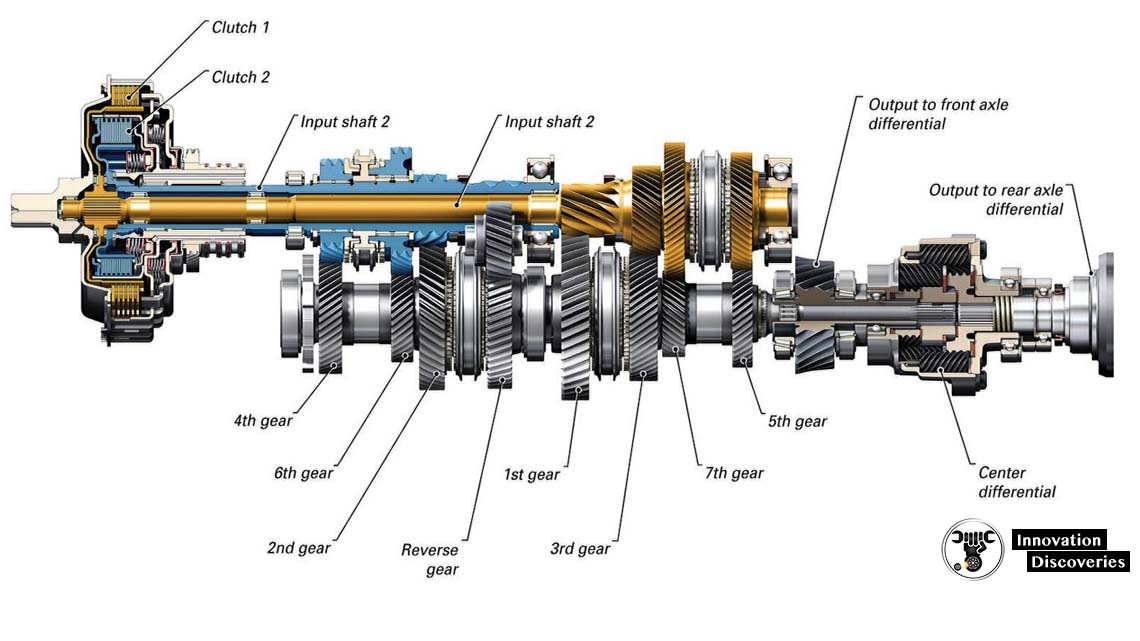
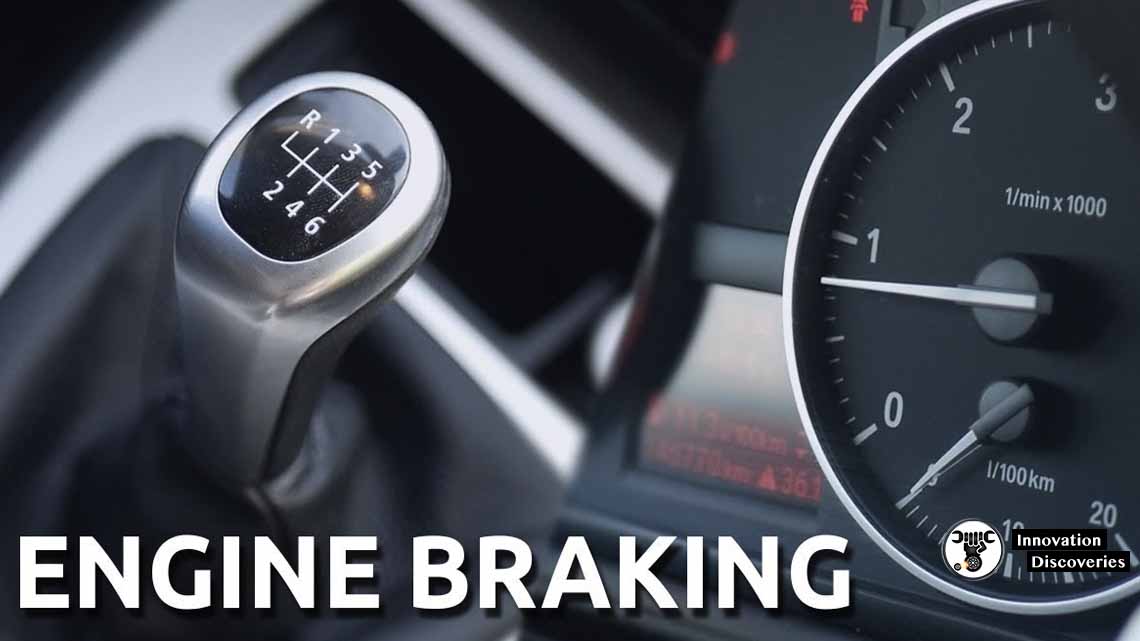
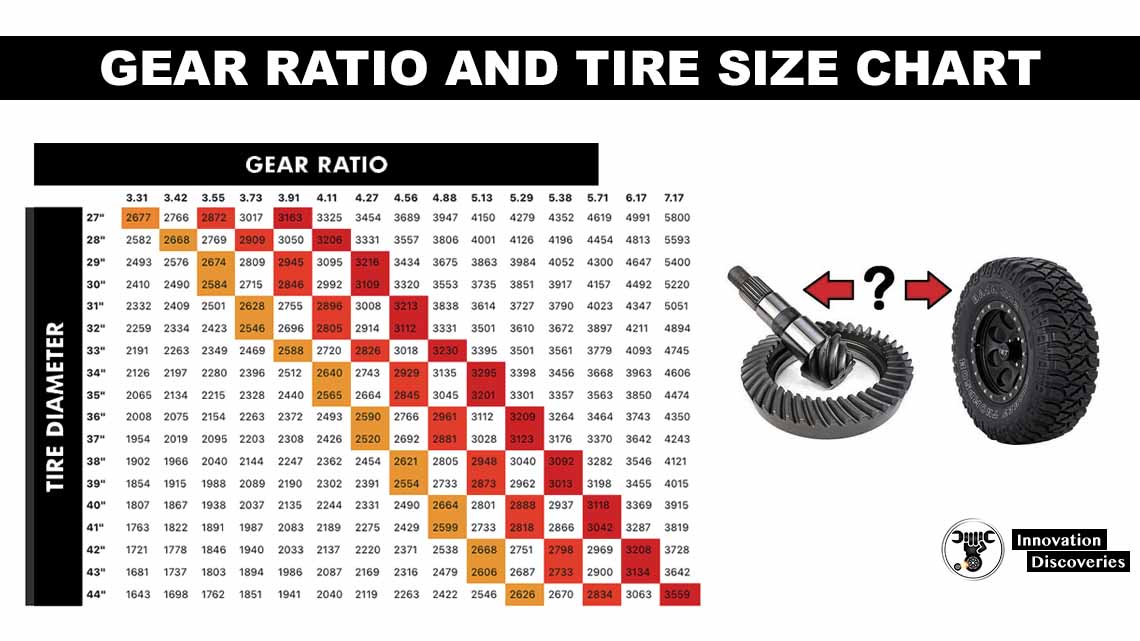
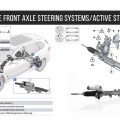
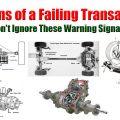


9 Comments